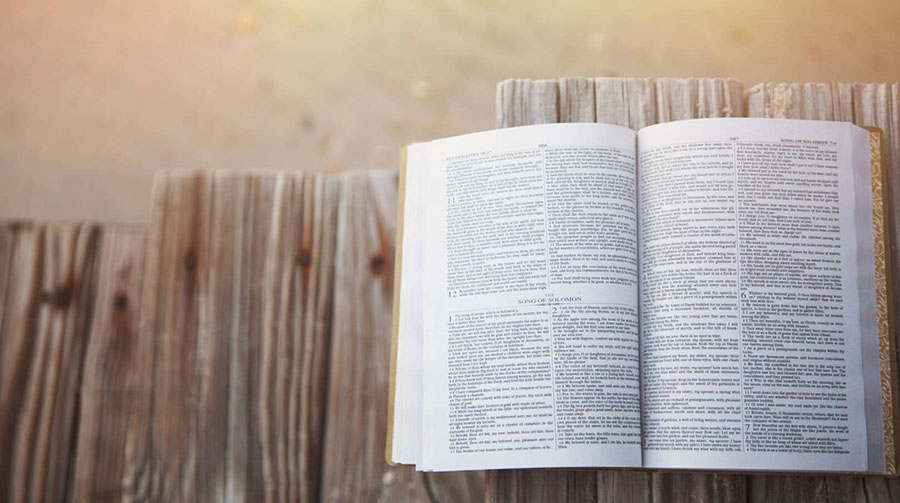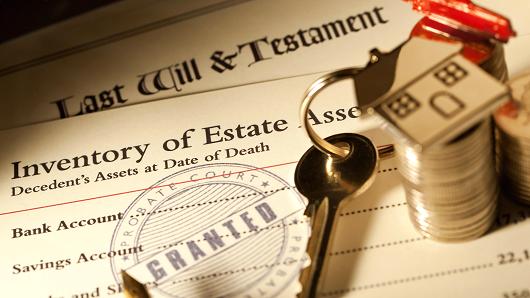When we read the Gospels, we observe that Jesus saw—with spring-water clarity—into the future. Consider just a few instances:
“Go to the village ahead of you, and as you enter it, you will find a colt tied there” (Luke 19:30 NIV).
“As you enter the city, a man carrying a jar of water will meet you. Follow him to the house that he enters” (Luke 22:10 NIV).
“Truly I tell you,” Jesus answered, “this very night, before the rooster crows, you will disown me three times” (Matthew 26:34 NIV).
“Go to the lake and throw out your line. Take the first fish you catch; open its mouth and you will find a four-drachma coin” (Matthew 17:27 NIV).
It can be interesting to ponder how Jesus’s ability to see the future worked:
- He saw his betrayal
- He saw his crucifixion
- He saw his resurrection
- He saw the launch of his church
- He sees the coming wedding feast of the Lamb
Most of us have very little ability to see the future. We may notice how past actions inform and shape the future, such as how healthier eating can lead to a healthier body, reckless driving can lead to paying deductibles, and disciplined practice can lead to great skill on the piano. But the whens and hows of life are just not known to us until they come to pass.
Preparing for an unseen future
We may not want to think about dying and death. Whether it comes at a ripe old age, peacefully in our sleep, or through infinite alternative scenarios, we know for certain that we are not made to last forever on this earth.
Being prepared is good stewardship and good future planning. Completing or updating appropriate legal documents (wills, trusts, powers of attorney for property and health care decisions) can provide real peace of mind. Most importantly, they provide guidance and care for the loved ones we leave behind.
If you feel like you don’t know where to start, don’t be discouraged. You can ask your legal adviser for information, or you can contact us at CDF Capital to learn more. Here is a brief explanation of the three essential documents of a quality estate plan:
- A Will is a document that expresses the final distribution desires of an individual. Wills are subject to state law and nearly always require the involvement of the probate court where they become public documents. A will distributes only property that was titled solely in the name of the deceased.
- A Revocable Living Trust is a confidential document that can be established by an individual or a couple—the people named as trustees. The trust provides management of assets during the trustees’ lifetime and final distributions at death. It avoids the probate process on assets that are titled to the trust during the trustees’ lifetime.
- A Power of Attorney gives another individual the legal ability to make decisions on your behalf. Having a document in place is important when an individual is disabled and cannot manage their personal or medical affairs. You may select one individual to hold powers for property decisions and another to make medical or health care decisions on your behalf.
What plans do you need to make? Take a first step toward ensuring your desires are appropriately expressed and the needs of your loved ones will be met when you can no longer care for them yourself. Your good stewardship will bless your family, your community, and the global Church.




